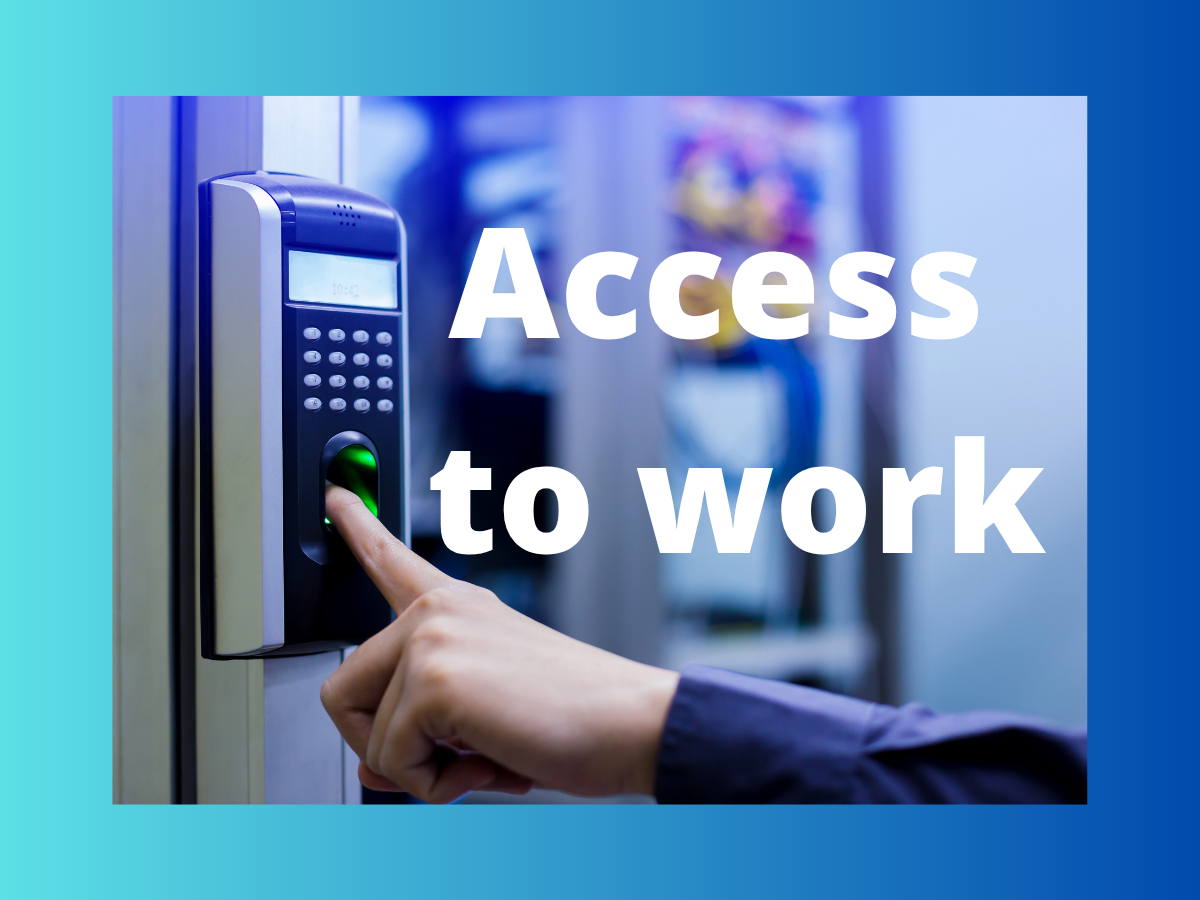Understanding Direct Payments: Taking Control of Your Care
When it comes to arranging support and care services, flexibility and control can make a world of difference. That’s where Direct Payments (DP) come in—giving eligible individuals the power to manage their own care rather than relying on services arranged by their local authority. But what exactly does this mean, and how can it benefit you? Let’s dive in.
What Are Direct Payments?
If your local authority has assessed your needs and determined that you qualify for community care services, you may be offered Direct Payments instead of having your support arranged for you. These payments allow you to manage your own care services, offering greater autonomy and the ability to tailor your support package to your specific requirements.
Direct Payments can be used to arrange services for:
- Adults who require care
- Children who need support
- Carers looking after someone else
With a DP, the money that would have been used to fund local authority-provided care is instead given directly to you. This means you get to make decisions about the type of support you want, who provides it, and how it fits into your life.
What Are Your Choices?
If you are eligible, you have three main options when it comes to receiving care services:
- A DP, which allows you to arrange and manage your own services.
- Local authority provided services, where care is arranged for you.
- A mix of both, combining the flexibility of a DP with some services provided through an agencies selected by the local authority.
It’s important to note that Direct Payments are a choice, not a requirement. If you prefer to stick with council-arranged care, the local authority cannot force you to accept direct payments instead.
What About Health Care Needs?
In some cases, medical support is required alongside personal care. If a direct payment is used to manage these health-related services, it is known as a Personal Health Budget (PHB). Like direct payments, a PHB gives individuals greater control over how their healthcare needs are met.
Managing Direct Payments and PHBs
While direct payments and PHBs offer fantastic flexibility, some people worry about the responsibilities that come with managing their own support—especially if it involves employing personal assistants. That’s where organisations like SIL (Services for Independent Living) can help.
How SIL Can Support You
SIL offers a Direct Payment Support Service (DPSS), providing guidance and assistance to those receiving a DP or PHB. Their services include:
- Running Payroll and liaising with HMRC and the Pensions Regulator on your behalf
- Bookkeeping support
- Employment law advice
- Help with hiring and managing personal assistants
The best part? These services come at no extra cost to you, as all expenses are covered within your DP or PHB.
If you’d like more information about how SIL can support you, contact their Direct Payment Support Service: 📞 Call: 01568 616653 📧 Email: dpss@s4il.co.uk
Taking control of your own care can be empowering, and with the right support, it doesn’t have to be overwhelming. If you’re considering direct payments or a personal health budget, reach out and explore the options available to you!



